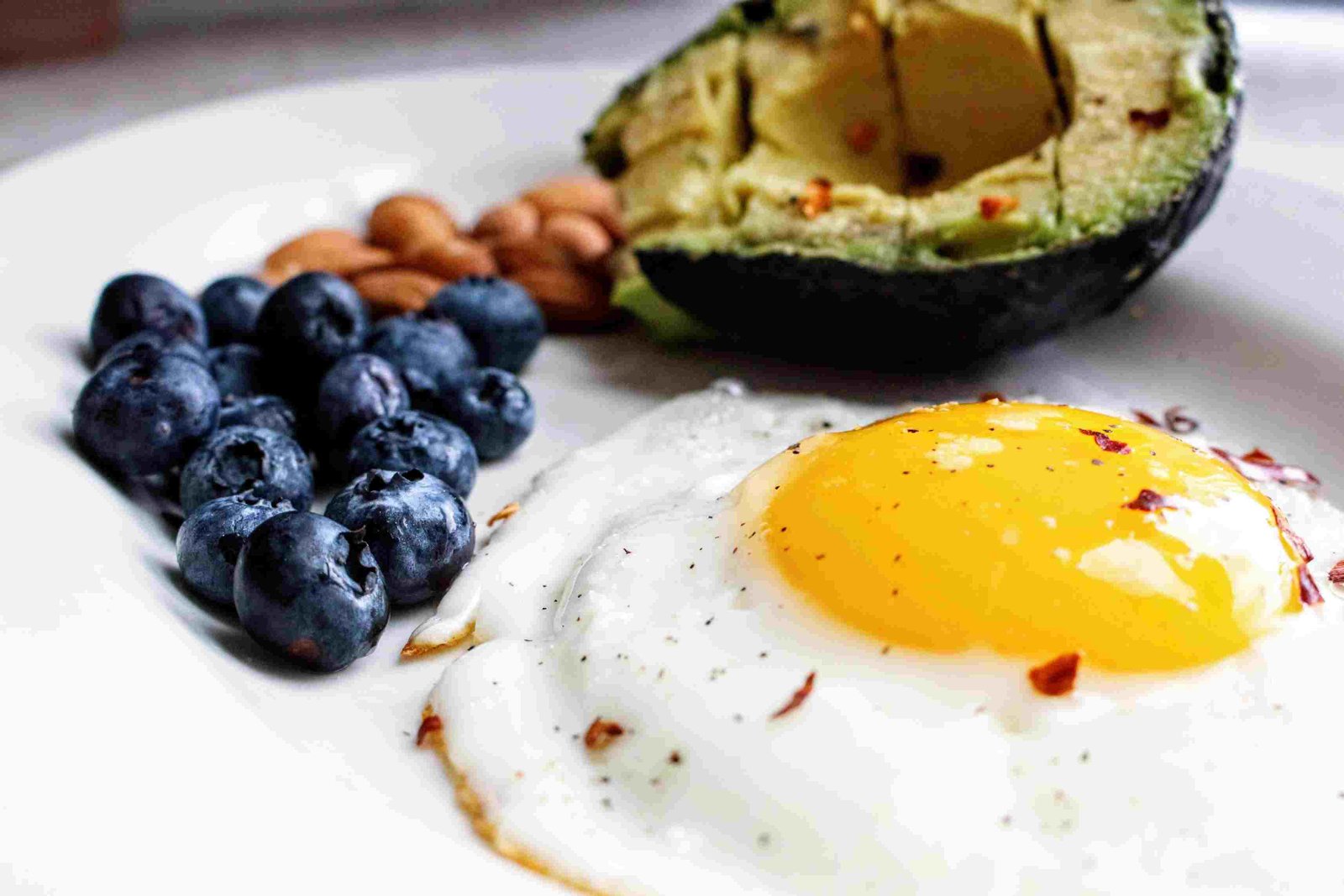
Welcome to the journey of transforming your body and health through the power of nutrition and exercise! A well-structured diet is just as essential as your workout routine when it comes to achieving your fitness goals. Whether you’re aiming to build muscle, lose weight, or simply improve your overall health, the food you consume plays a pivotal role.
In this blog, we’ll delve into the world of gym diets, exploring the fundamental principles, meal planning strategies, and nutritional guidelines to optimize your workouts and help you attain your desired results.
Understanding the Basics: What Constitutes an Effective Gym Diet?
A gym diet isn’t just about what you eat—it’s a strategic plan designed to fuel your body for performance, support muscle growth, aid recovery, and maintain overall health. It’s a blend of macronutrients (proteins, carbohydrates, and health fats) and micronutrients (vitamins and minerals) tailored to meet your body’s unique demands during exercise.
Protein: The Building Block
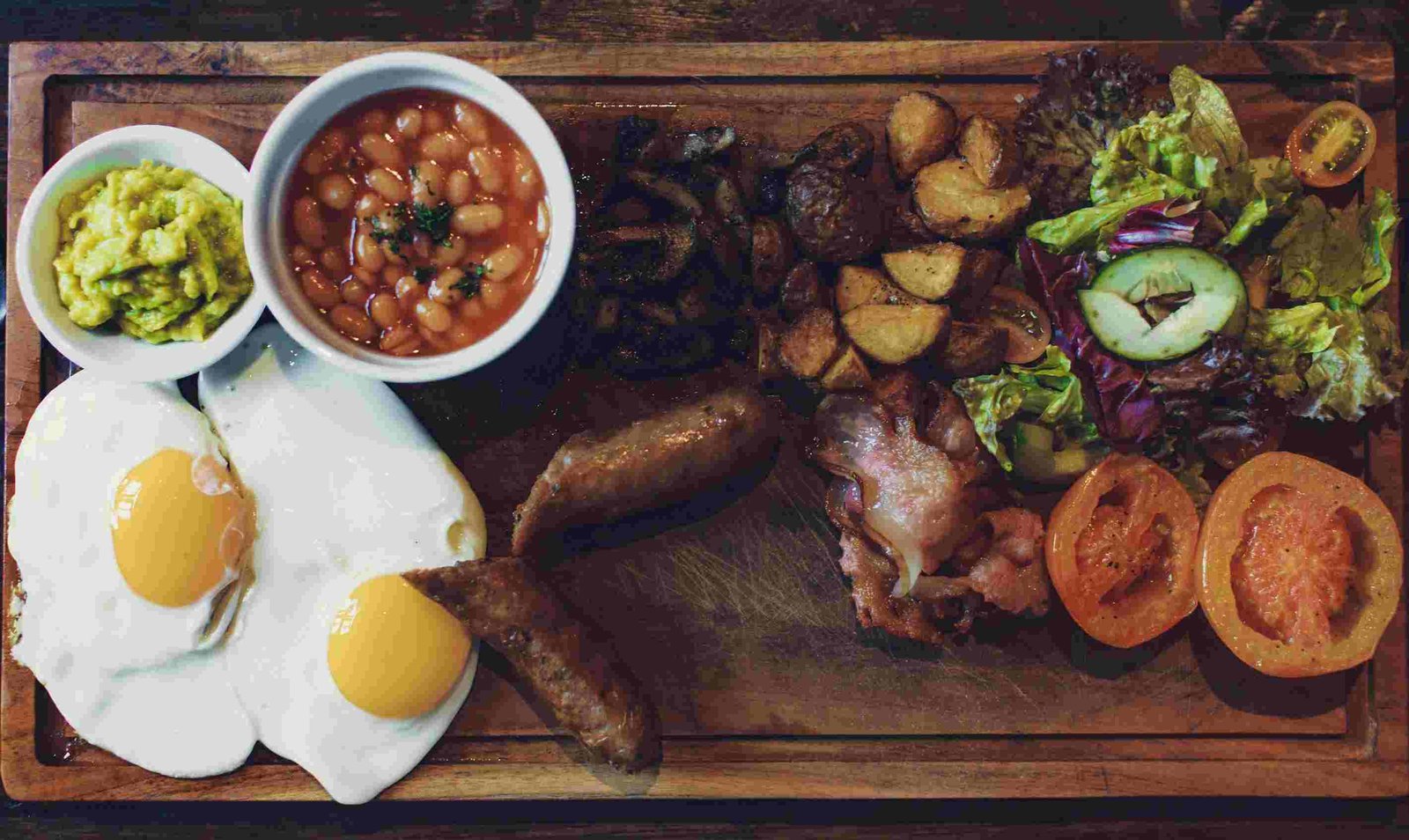
Proteins act as the building blocks for muscle repair and growth. Incorporating lean sources such as chicken breast, fish, tofu, and legumes ensures that your muscles receive the essential amino acids necessary for their development and recovery after intense workouts.
Carbohydrates: Energizing Your Workouts
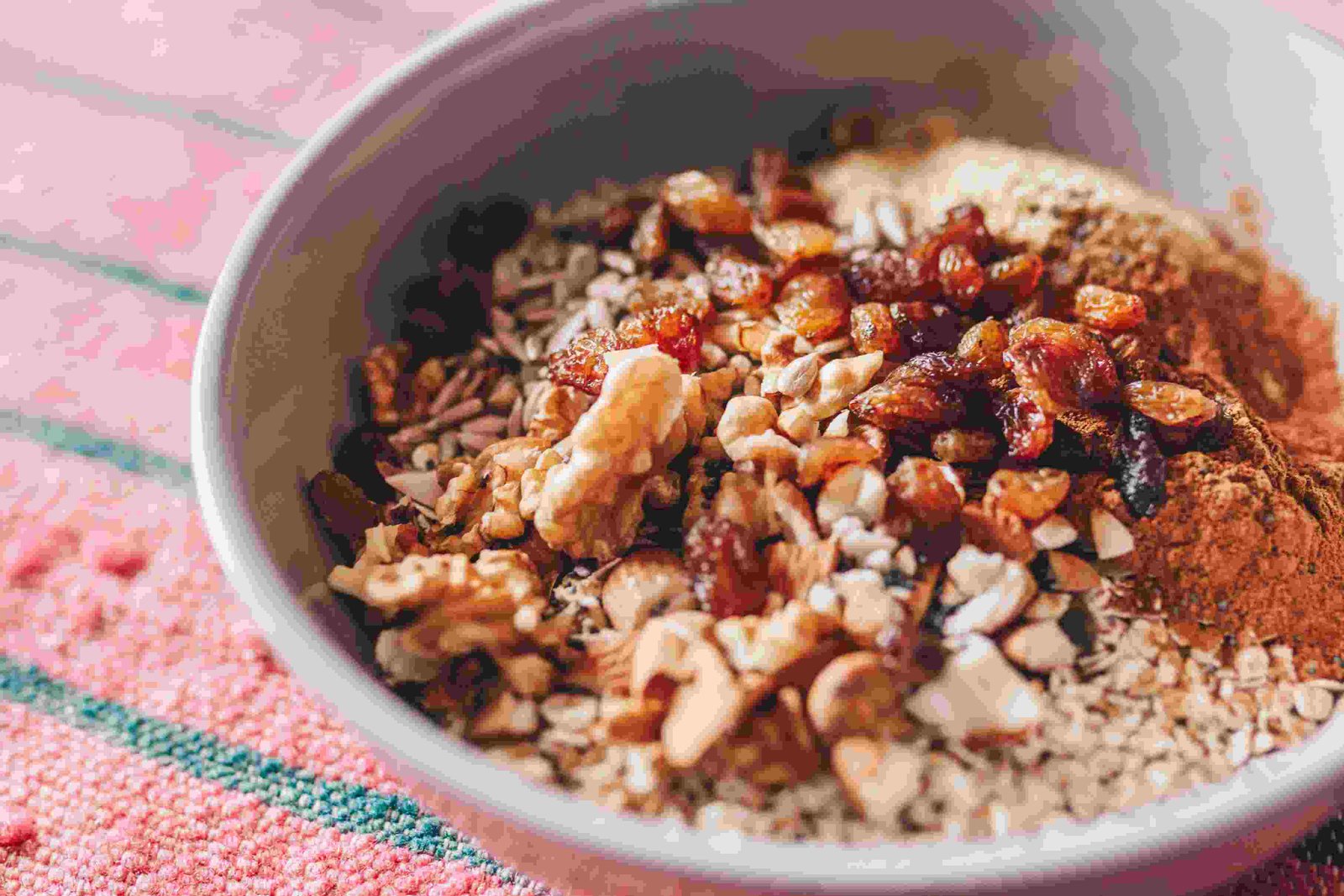
Carbohydrates serve as your body’s primary energy source. Opt for complex carbs like whole grains, sweet potatoes, and oats to sustain energy levels during workouts, preventing fatigue and ensuring consistent performance.
Healthy Fats: Supporting Overall Health
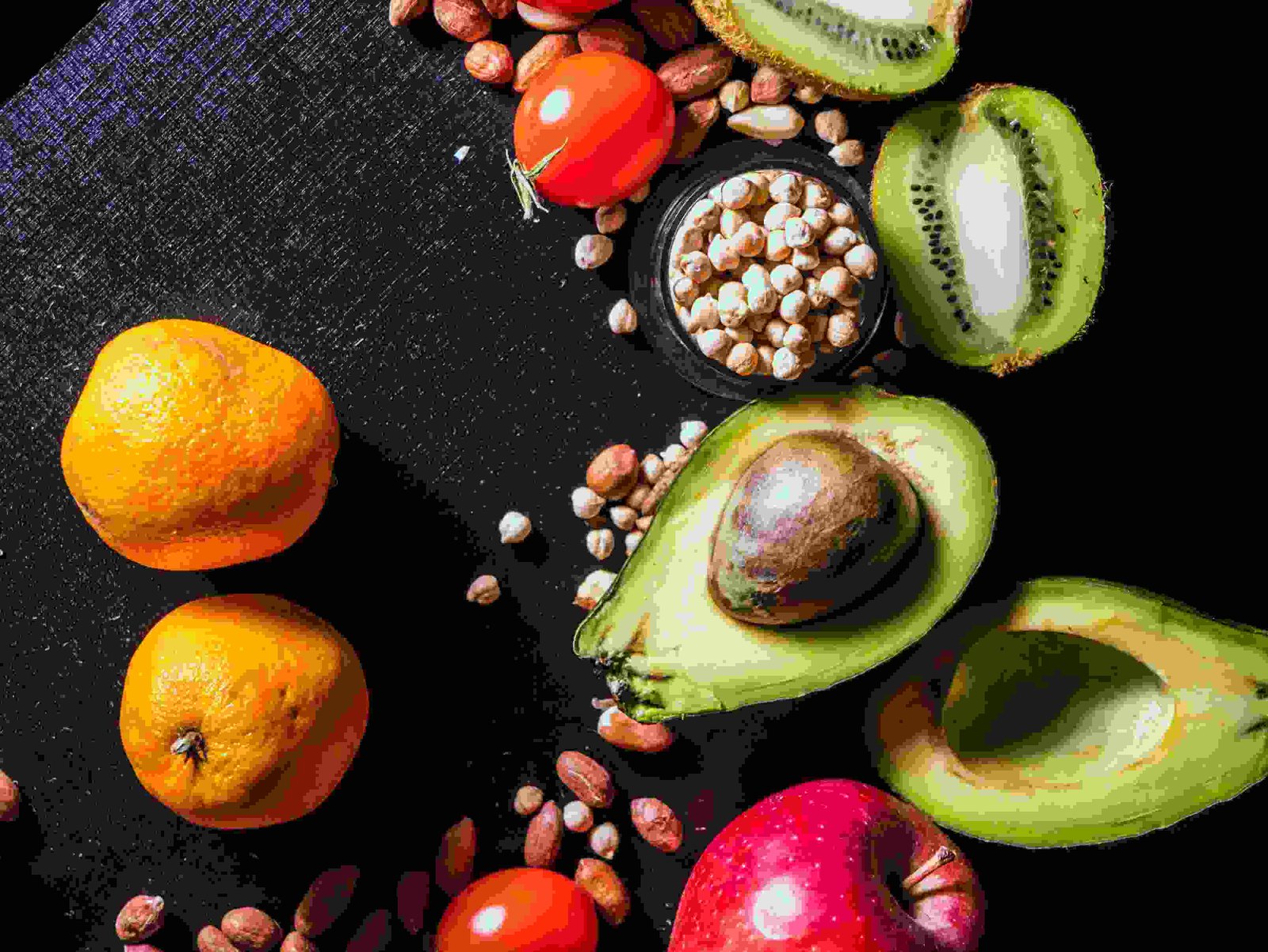
While often misunderstood, healthy fats play a crucial role in maintaining overall health. Include sources like avocado, nuts, and olive oil in your gym diet to aid in nutrient absorption and support joint health.
Customizing Your Gym Diet: Tailoring Nutrition to Fit Your Goals
The effectiveness of a gym diet lies in its customization. Whether your aim is weight loss, muscle gain, or improved athletic performance, customizing your diet accordingly is key. A professional nutritionist or dietitian can offer personalized guidance based on your body type, fitness level, and goals.
Muscle Gain: The Importance of Protein Intake
For individuals looking to build muscle mass, emphasizing protein-rich foods becomes paramount. Aim for a protein intake of approximately 1.6 to 2.2 grams per kilogram of body weight to provide your muscles with the necessary resources for growth.
Fat Loss: Balancing Macronutrients
To promote fat loss, striking a balance between macronutrients is crucial. Focus on consuming a moderate amount of protein, a controlled portion of carbohydrates, and a healthy dose of fats, ensuring a caloric deficit for weight reduction.
Improved Endurance: Fueling Your Workouts
For those prioritizing endurance and sustained energy during workouts, incorporating a blend of complex carbohydrates and lean proteins is key. This combination fuels your body for extended periods, enhancing your overall performance.
Timing and Precision: The Significance of Meal Timing
The timing of your meals plays a pivotal role in leveraging the benefits of your gym diet. Strategic meal timing can maximize your body’s utilization of nutrients, optimizing performance and recovery.
Pre-Workout Nutrition
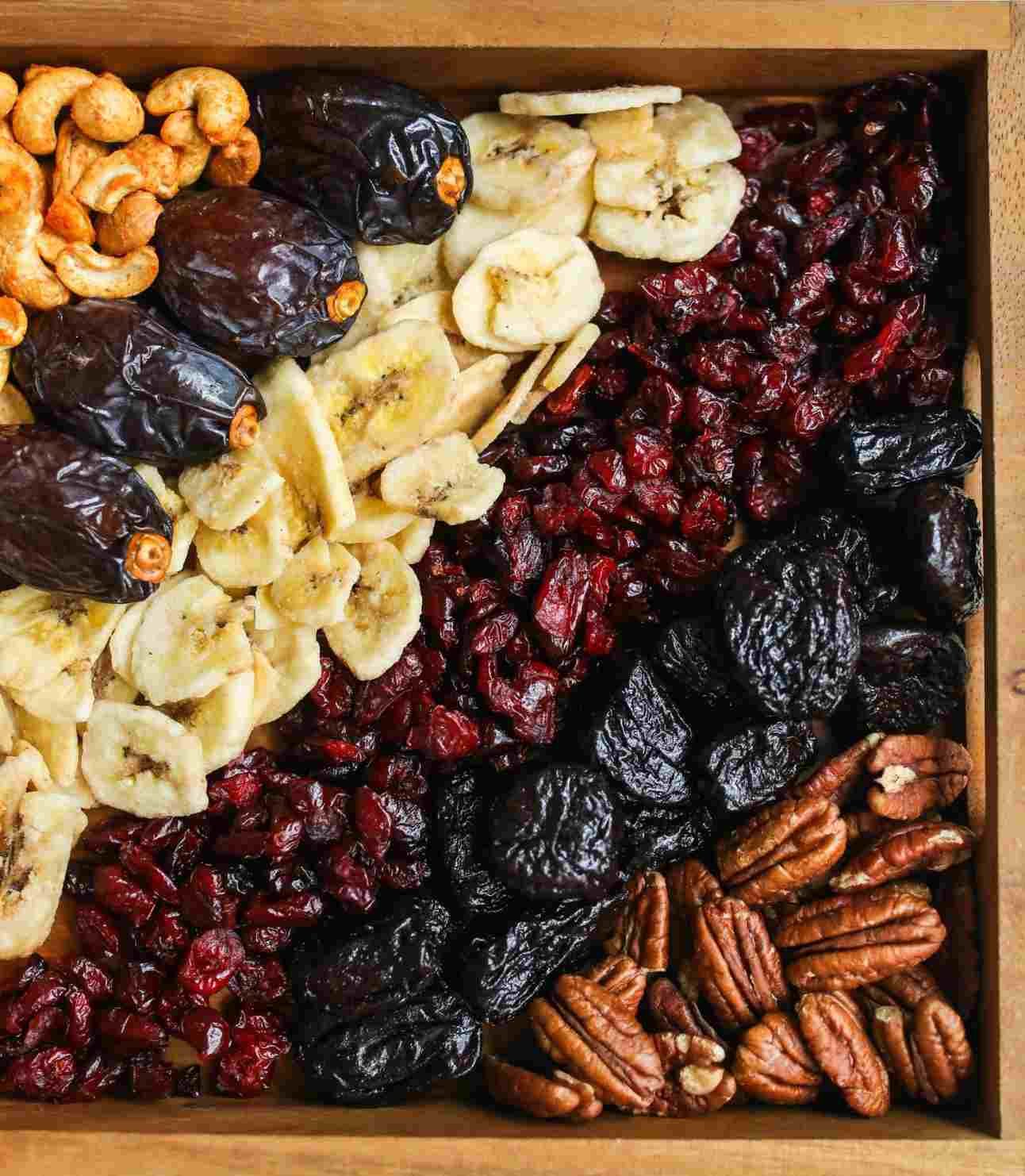
Fueling up before a workout session is key to optimizing performance. Consuming a pre-workout snack rich in carbs and proteins about 30-60 minutes before exercising can provide the energy needed to power through your routine. Bananas, Greek yogurt, or a handful of nuts can be excellent choices.
During the Workout
Hydration is paramount during exercise. Sipping on water throughout your workout session helps maintain optimal performance and prevents dehydration. For longer sessions or intense workouts, sports drinks infused with electrolytes can replenish lost minerals and keep you going strong.
Post-Workout Recovery
The post-workout phase is crucial for muscle recovery and growth. A combination of protein and carbohydrates aids in muscle repair and replenishing glycogen stores. Consider options like chocolate milk, a protein shake, or a turkey sandwich to kickstart this recovery process effectively.
Supplements: Enhancing Your Gym Diet
While a well-rounded diet should ideally provide all the necessary nutrients, supplements can complement your intake. However, they should not replace whole foods but rather fill in any nutritional gaps. Common supplements like protein powders, BCAAs, or multivitamins can be beneficial when used wisely. However, consult with a nutritionist or healthcare professional before incorporating supplements into your regimen.
The Importance of Consistency
Consistency is the linchpin of success in any fitness endeavor, including adhering to a gym diet. It’s not just about what you eat on occasion, but the consistency and quality of your dietary habits that impact your progress over time.
Conclusion
A targeted gym diet is a powerful tool in achieving fitness goals. It’s not merely about restriction or counting calories; it’s about nourishing your body in a way that complements your workout routine. By understanding the fundamentals, customizing your diet, and staying consistent, you pave the way for a fitter, healthier you. Remember, your gym gains are not just in the weights you lift but also in the nutrients you consume.
Crafting a successful gym diet involves a blend of science and personalization, ensuring that you’re not just exercising harder but smarter. Start by understanding your body’s needs, fuel it appropriately, and witness the transformative impact it has on your fitness journey.

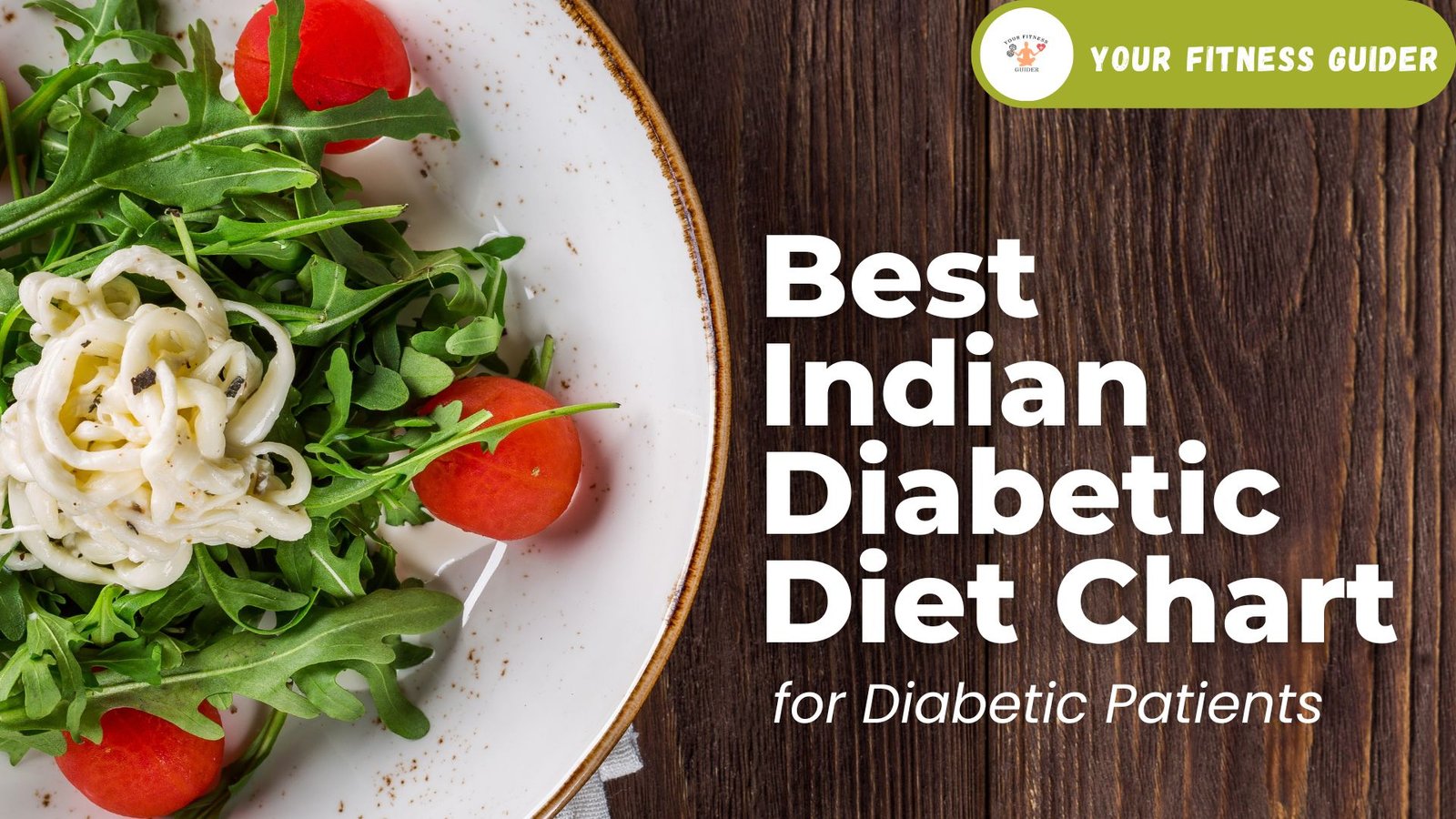


[…] Crafting Your Balanced Diet Chart […]
[…] repairing tissues, supporting immune function, and synthesizing hormones and enzymes. In a balanced diet chart, incorporating sources like lean meats, poultry, fish, eggs, legumes, and dairy products ensures an […]